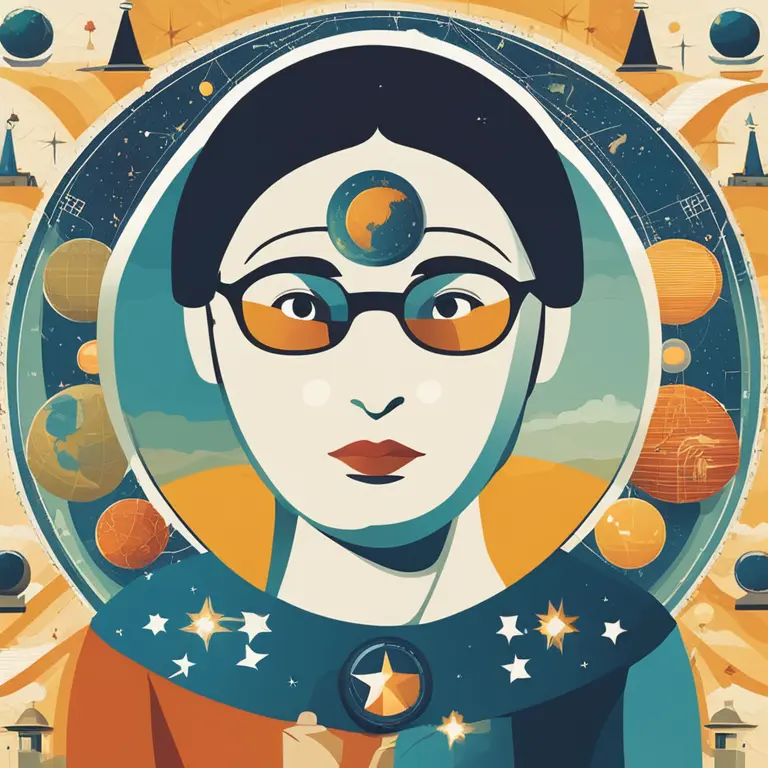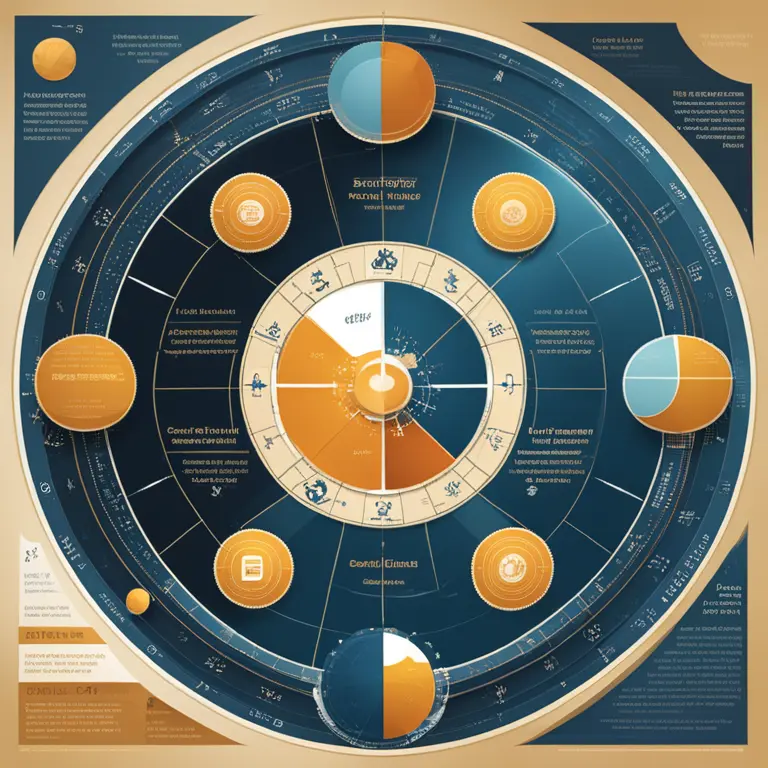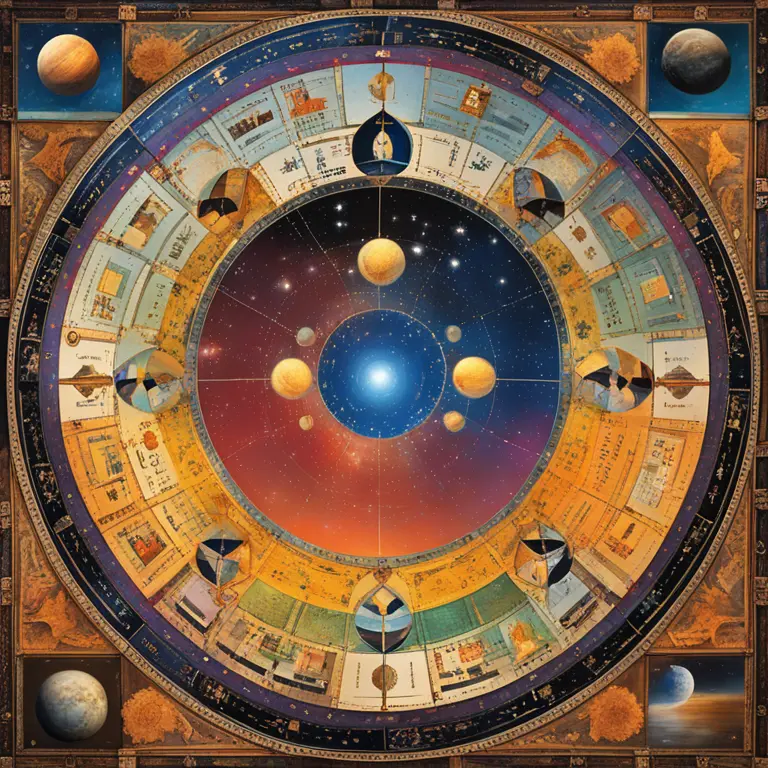
Does Astrology Hold Truth?
Examine the efficacy of astrology and its role in our lives. Discover whether the stars align with reality or if it’s mere celestial storytelling.
article by Priya Deshmukh
A Celestial Inquiry
Astrology has captivated human interest for centuries, influencing decisions and offering insights into personality traits and future events. As we forge ahead into 2024, the question remains: Does astrology have a basis in truth, or is it a mystical tradition with no empirical backing? This article delves into this cosmic controversy to shed light on the efficacy of astrology in the modern age, a subject that continues to evoke both enthusiasm and skepticism globally.

Astrology’s Foundation
Astrology operates on the premise that the positioning and movement of celestial bodies, particularly stars and planets, have a direct influence on our lives. It's a tradition rich in symbolism and lore, with each zodiac sign and planetary alignment thought to hold specific meanings. In recent times, technological advancements have made the tracking of these celestial patterns more accessible, prompting astrology to find resonance with those seeking guidance in an ever-complex world.

Skeptics' Stance
Critics argue that astrology lacks scientific grounding, highlighting that numerous studies have failed to support its predictive abilities. The scientific community generally views astrology as a pseudoscience, as it does not adhere to the empirical methods that define scientific inquiry. Skeptics stress the importance of evidence-based approaches, pointing out the Forer effect where individuals believe vague, generalized statements to be highly accurate for them personally.

Anecdotal Appeal
Conversely, anecdotal evidence and individual testimonials suggest that astrology provides comfort and direction to many. Some attribute this to astrology's ability to foster self-reflection, allowing believers to make sense of their circumstances within a broader cosmic context. It's this psychosocial component that maintains astrology's appeal, as it often harmonizes with human needs for narrative and understanding.

Cultural Dynamics
Astrology's significance transcends mere fortune-telling; it's woven into cultural fabrics globally. In 2024, diverse astrological traditions continue to thrive, from Western to Vedic to Chinese, each with its unique approach and philosophical underpinnings. These cultural perspectives underline a shared seeking of knowledge about the human experience, suggesting that astrology functions at a societal level as part of our intangible heritage.
Personalization and Technology
The digital era has introduced personalized astrology apps that analyze increasingly precise birth charts and data, heightening the sense of relevance for users. Despite the absence of scientific endorsement, these platforms harness algorithms and astronomical data to curate individualized readings, merging the ancient practice with modern technology. The interactivity and personalization afforded by such innovations spark fresh debates on astrology's role and reliability.
Conclusion: A Constellation of Beliefs
While empirical evidence for astrology's efficacy is scant, its cultural and psychological roles remain undeniable. It persists as a tool for self-exploration and solace, even as the debate on its validity continues unabated. Whether astrology truly works may depend on personal belief systems and the value one finds in celestial counsel. As we maneuver through 2024 and beyond, astrology's allure endures, inviting contemplation on the mysteries of the cosmos and the search for meaning therein.
Published: 2/13/2024
Modified: 2/13/2024
More predictions
Come back here soon to learn more about yourself and your future


Mastering Tarot Basics: A Beginner’s Guide
Embark on a journey into the art of tarot reading with our beginner’s guide, covering fundamental concepts and practical how-to steps.


The Fusion of Tarot and Horoscope Insights
Discover how tarot horoscope provides personalized guidance by blending the wisdom of the stars with the intuition of tarot.


Crafting Inquiry: Top Tarot Questions to Ask
Discover the right questions to pose during a tarot reading to gain profound insights into your life's direction and decisions.